The Connection Between Nutrition and Mental Health
Have you ever noticed how the food you eat can affect how you feel? It’s no secret that what we put into our bodies has a big impact on our physical health, but did you know it can also impact our mental health? It’s true! The connection between nutrition and mental health is a really important one, and it’s something I think we all need to be more aware of.

Eat Your Way to Better Mental Health
The food we eat provides our bodies with the nutrients we need to function properly, and that includes our brains. When we don’t get the right nutrients, it can lead to all sorts of mental health issues, like depression, anxiety, and even cognitive decline. On the other hand, eating a healthy, balanced diet can actually help improve our mood, reduce stress, and even boost our brain power. It’s a win-win!
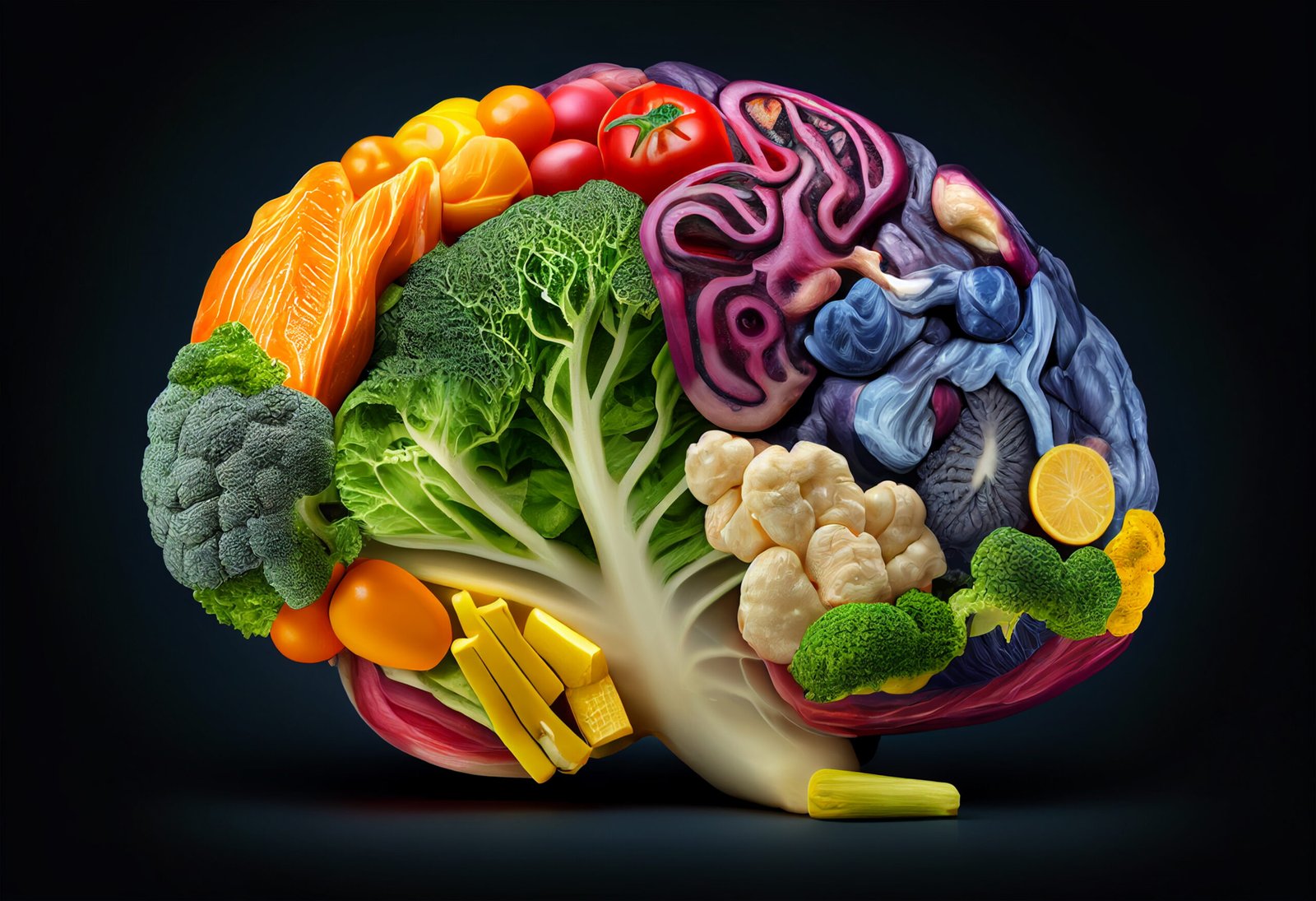
Fuel Your Brain with the Right Nutrients
Our brains are like high-performance vehicles – they need the right kind of “fuel” to run at their best. Some of the most important nutrients for brain health include omega-3 fatty acids, B vitamins, iron, and antioxidants. You can find these nutrients in foods like fatty fish, leafy greens, nuts and seeds, and berries. By making sure we’re getting enough of these brain-boosting nutrients, we can help keep our minds sharp and our moods stable.

The Gut-Brain Connection
Did you know that there’s a direct connection between our gut and our brain? It’s true! The gut is sometimes referred to as the “second brain,” and for good reason. The gut is home to trillions of bacteria, both good and bad, that play a big role in our overall health, including our mental health. When the gut is out of balance, it can lead to things like inflammation, which can then affect the brain and contribute to conditions like depression and anxiety. Eating probiotic-rich foods like yogurt, kefir, and fermented veggies can help keep the gut microbiome healthy and happy, which can then have a positive effect on our mental well-being.

Carbs and Your Mood
Carbohydrates are another important nutrient when it comes to mental health. Carbs are the body’s main source of energy, and they also play a role in the production of neurotransmitters like serotonin, which is often called the “feel-good” chemical. When we don’t get enough carbs, it can lead to low energy, irritability, and even depression. But it’s important to choose the right kind of carbs, like whole grains, fruits, and veggies, rather than refined and sugary carbs, which can actually have the opposite effect on our mood.

Hydration and Mental Clarity
Staying hydrated is crucial for overall health, and it’s also important for mental health. When we’re dehydrated, it can cause things like fatigue, difficulty concentrating, and even mood swings. Making sure we’re drinking enough water throughout the day can help keep our minds sharp and our emotions stable.

The Impact of Sugar on Mental Health
Speaking of mood swings, did you know that sugar can actually have a pretty big impact on our mental health? When we eat a lot of sugary foods, it can cause a spike in our blood sugar levels, followed by a crash. This can lead to things like irritability, anxiety, and even depression. Cutting back on added sugars and choosing naturally sweet foods like fruits instead can help keep our moods more stable.

Protein Power
Protein is another important nutrient when it comes to mental health. Protein helps the body produce neurotransmitters like dopamine and norepinephrine, which are important for regulating mood and cognition. Choosing lean protein sources like chicken, fish, beans, and eggs can help keep our minds sharp and our moods balanced.

Magnesium and Stress Relief
Magnesium is a mineral that plays a crucial role in our stress response. When we’re under a lot of stress, our bodies use up more magnesium, which can then lead to things like anxiety, irritability, and even insomnia. Making sure we’re getting enough magnesium-rich foods like leafy greens, nuts, and whole grains can help us better manage stress and maintain a more positive mental state.

The Importance of Vitamin D
Vitamin D is often called the “sunshine vitamin” because our bodies produce it when we’re exposed to sunlight. But did you know that vitamin D is also important for mental health? Vitamin D helps regulate the production of neurotransmitters like serotonin, and it’s also been linked to a reduced risk of conditions like depression and seasonal affective disorder (SAD). If you’re not getting enough sun exposure, you may want to consider taking a vitamin D supplement.
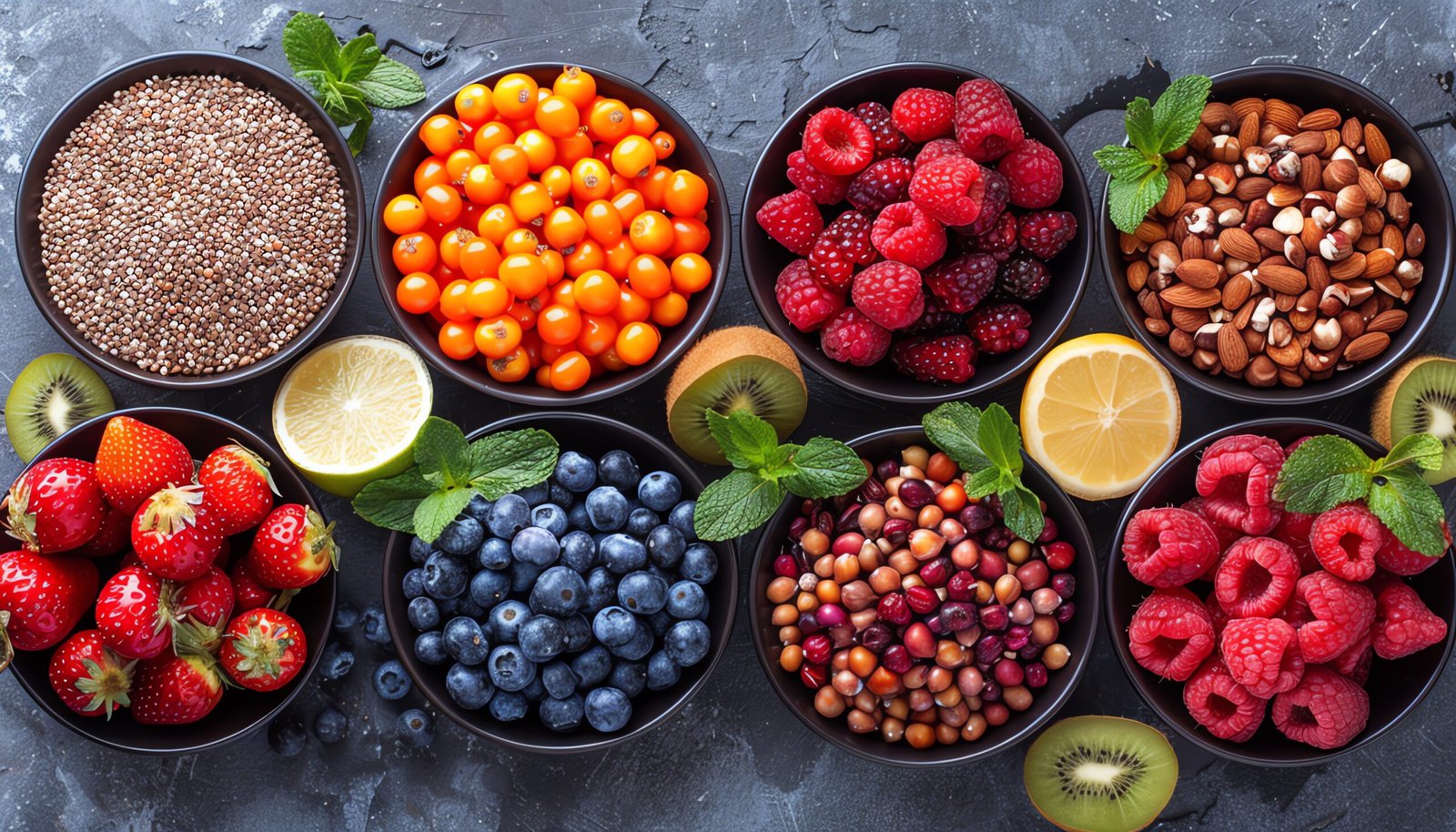
The Role of Antioxidants
Antioxidants are important for overall health, but they also play a key role in mental health. Antioxidants help protect the brain from oxidative stress, which can contribute to things like cognitive decline and mood disorders. Foods like berries, dark chocolate, and green tea are all great sources of antioxidants that can help keep our brains healthy and happy.
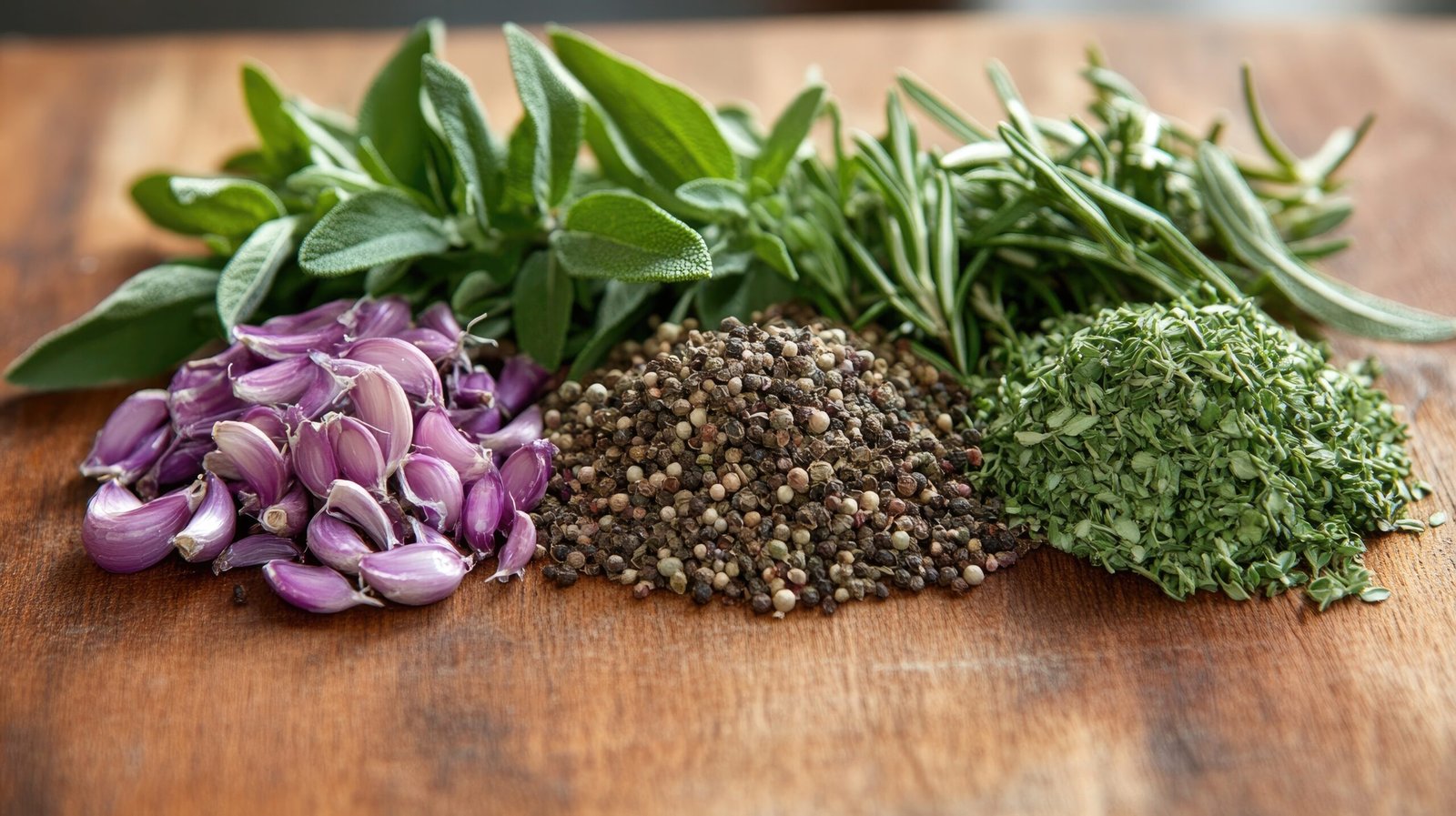
Don’t Forget the Herbs and Spices
Herbs and spices aren’t just for adding flavor to our food – they can also have a positive impact on our mental health. For example, turmeric contains a compound called curcumin that has been shown to have anti-inflammatory and antioxidant properties, which can help reduce symptoms of depression and anxiety. Herbs like chamomile, lavender, and valerian have also been used for centuries to help reduce stress and promote relaxation.
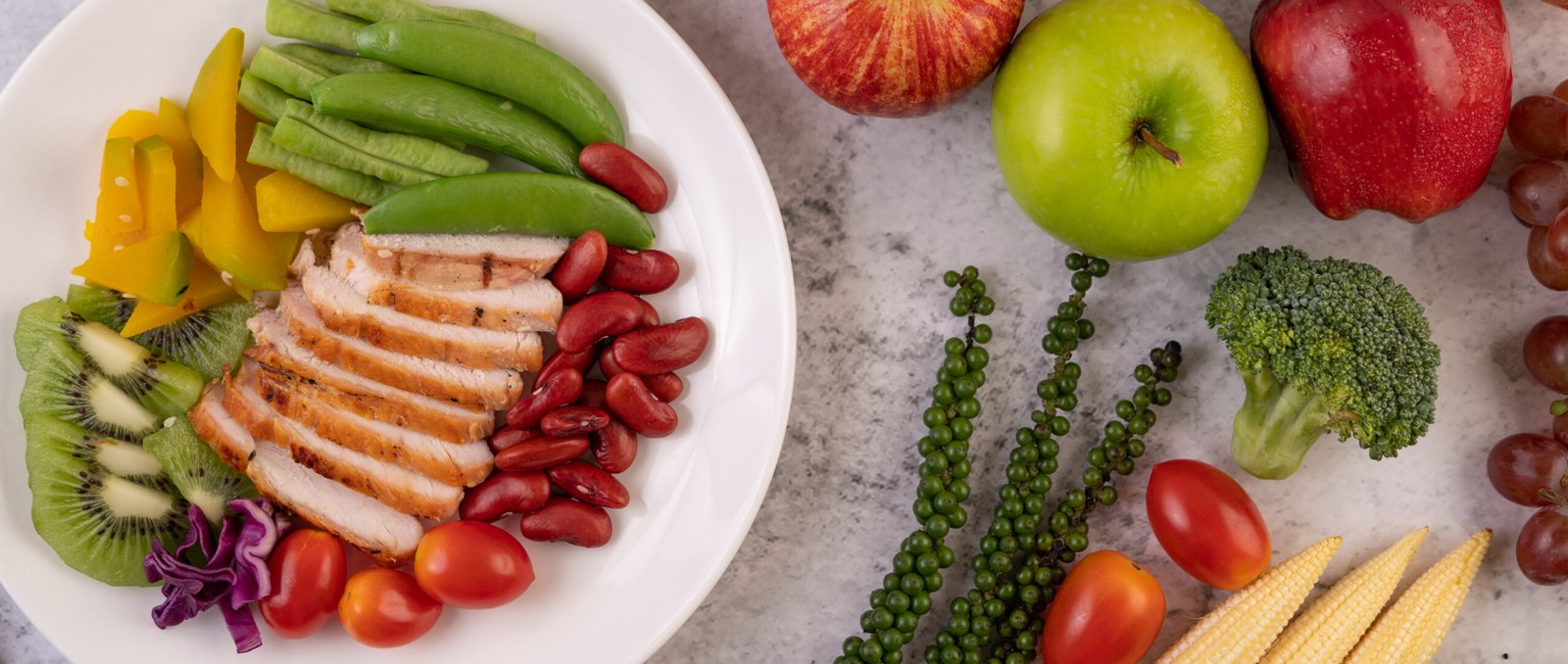
The Importance of Balanced Meals
When it comes to mental health, it’s not just about the individual nutrients we’re getting – it’s also about the overall quality and balance of our diet. Eating a variety of whole, unprocessed foods like fruits, vegetables, whole grains, and lean proteins can help provide our bodies with the nutrients we need to function at our best, both physically and mentally. Avoiding highly processed, sugary, and fatty foods can also help keep our moods and cognitive function more stable.

As you can see, the connection between nutrition and mental health is a pretty complex one. But the good news is that by making some simple changes to our diets, we can have a big impact on our overall mental well-being. So, the next time you’re feeling a little down or out of sorts, take a look at what you’ve been eating. It just might be the key to a happier, healthier mind.

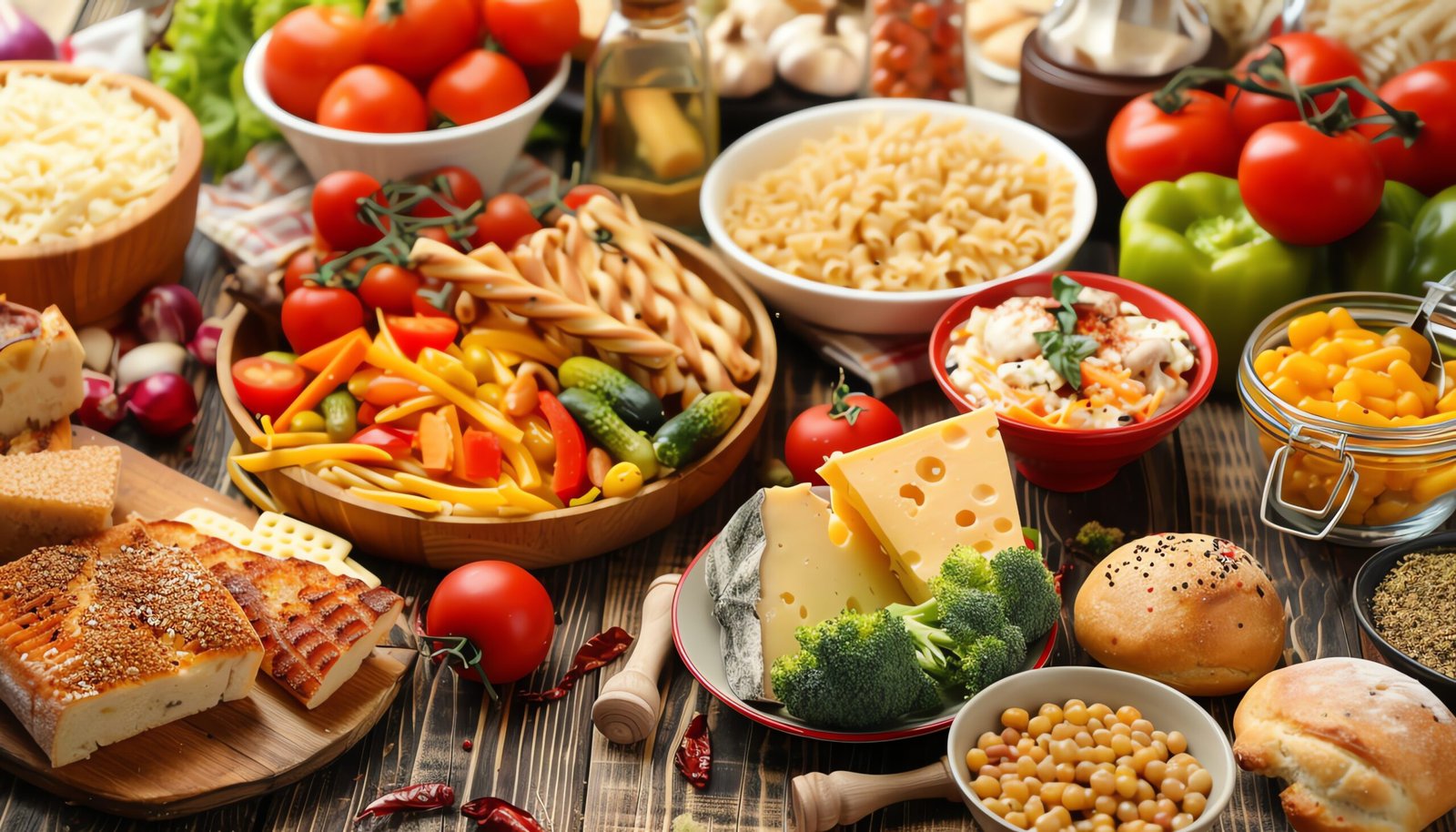
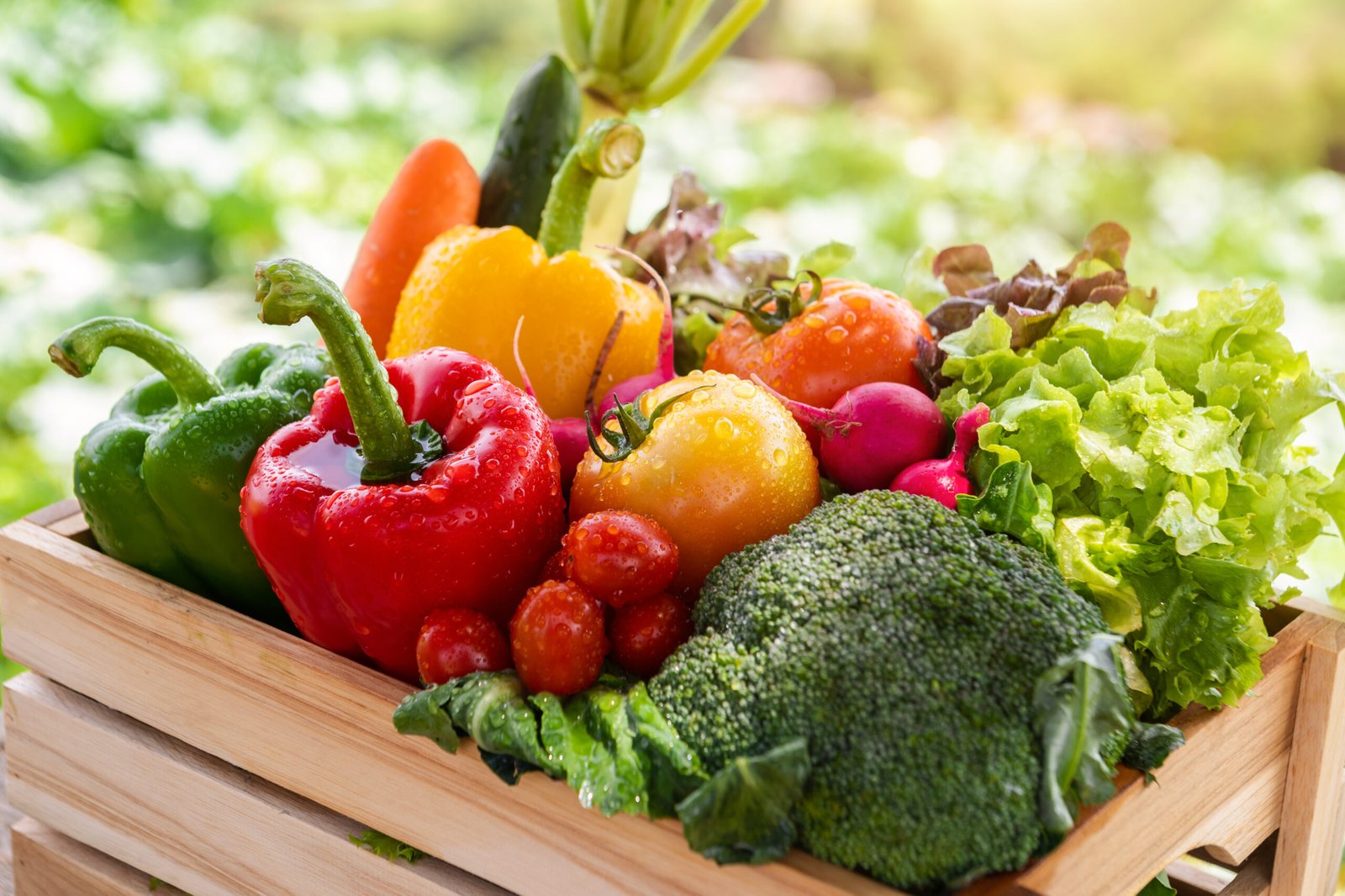
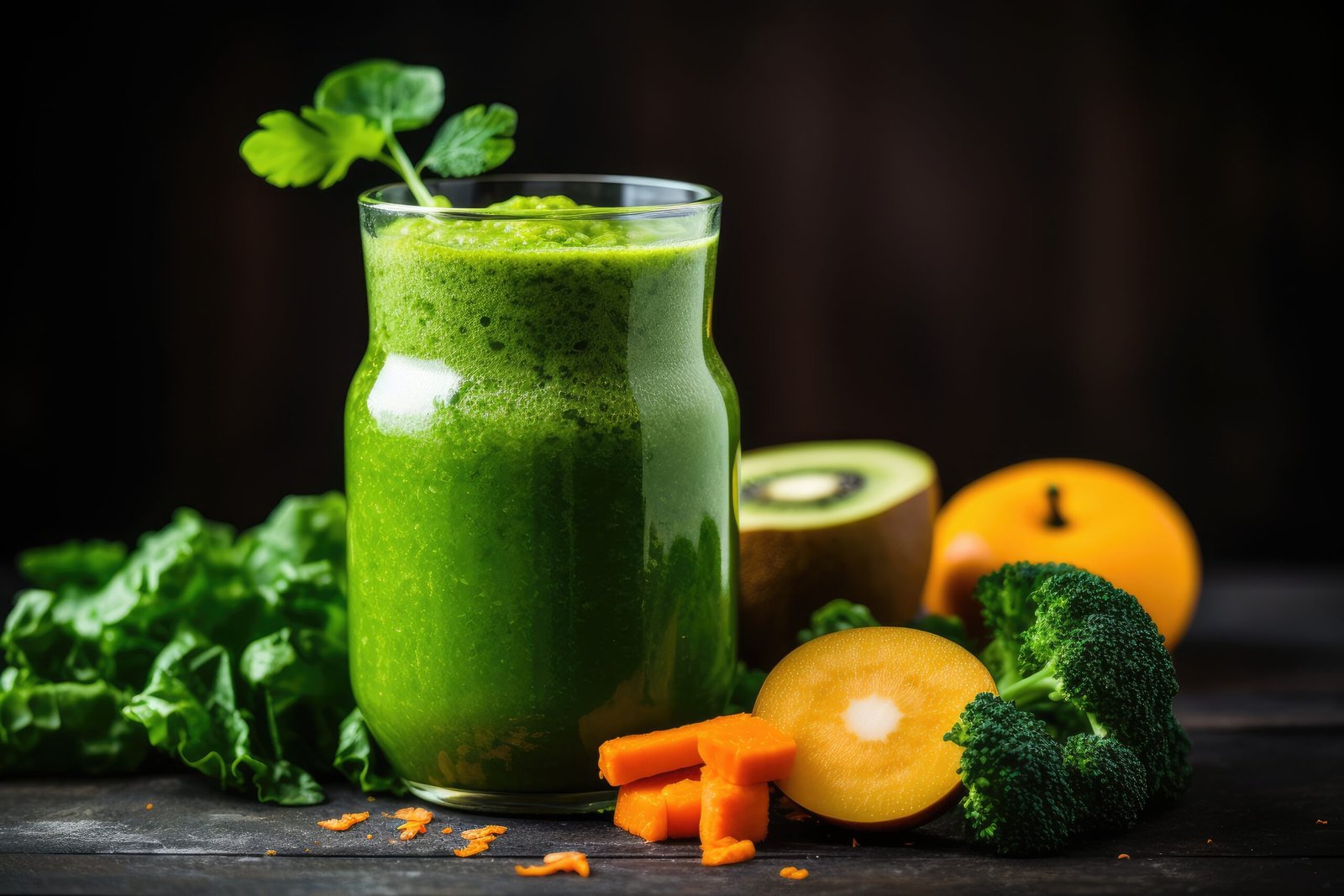

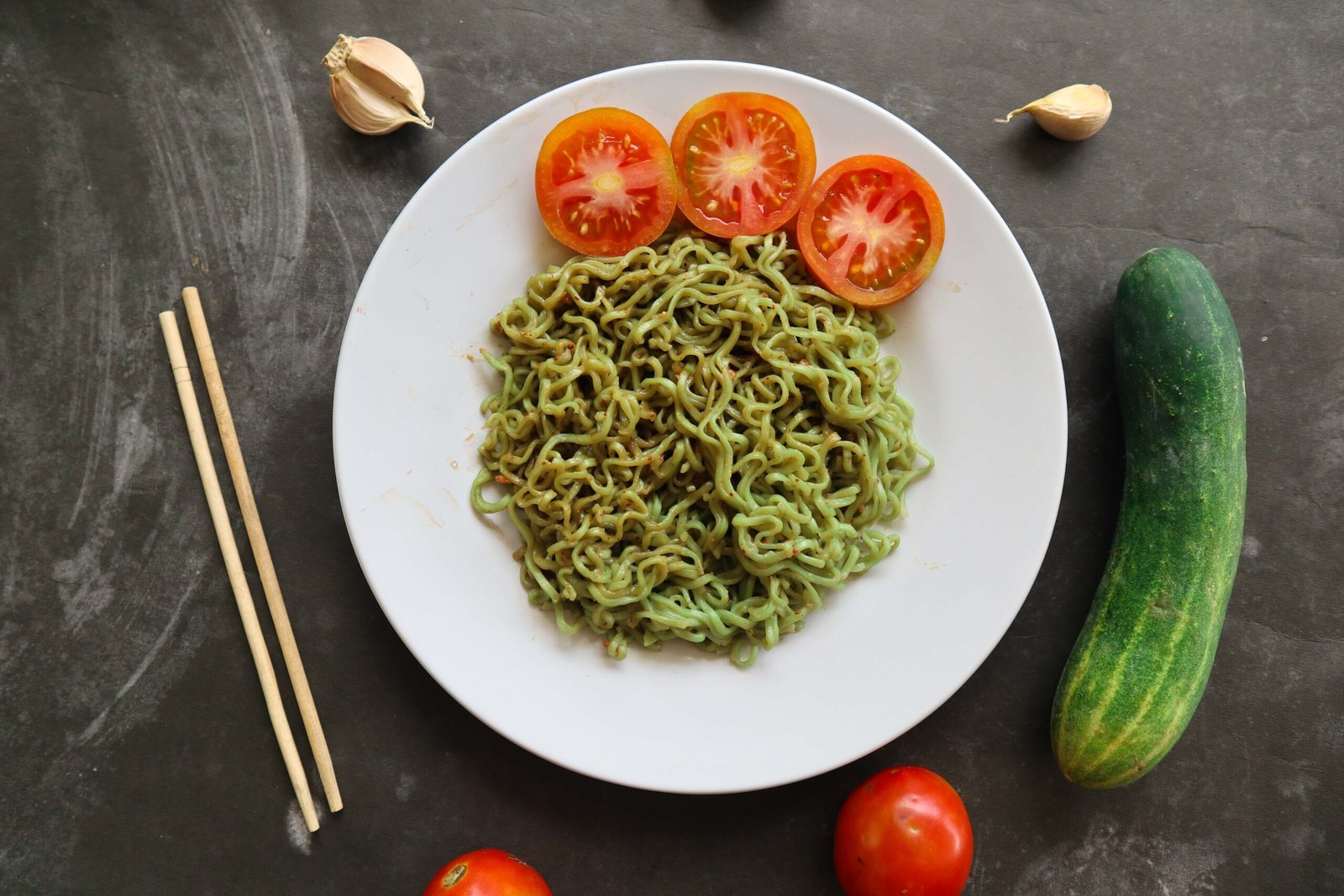


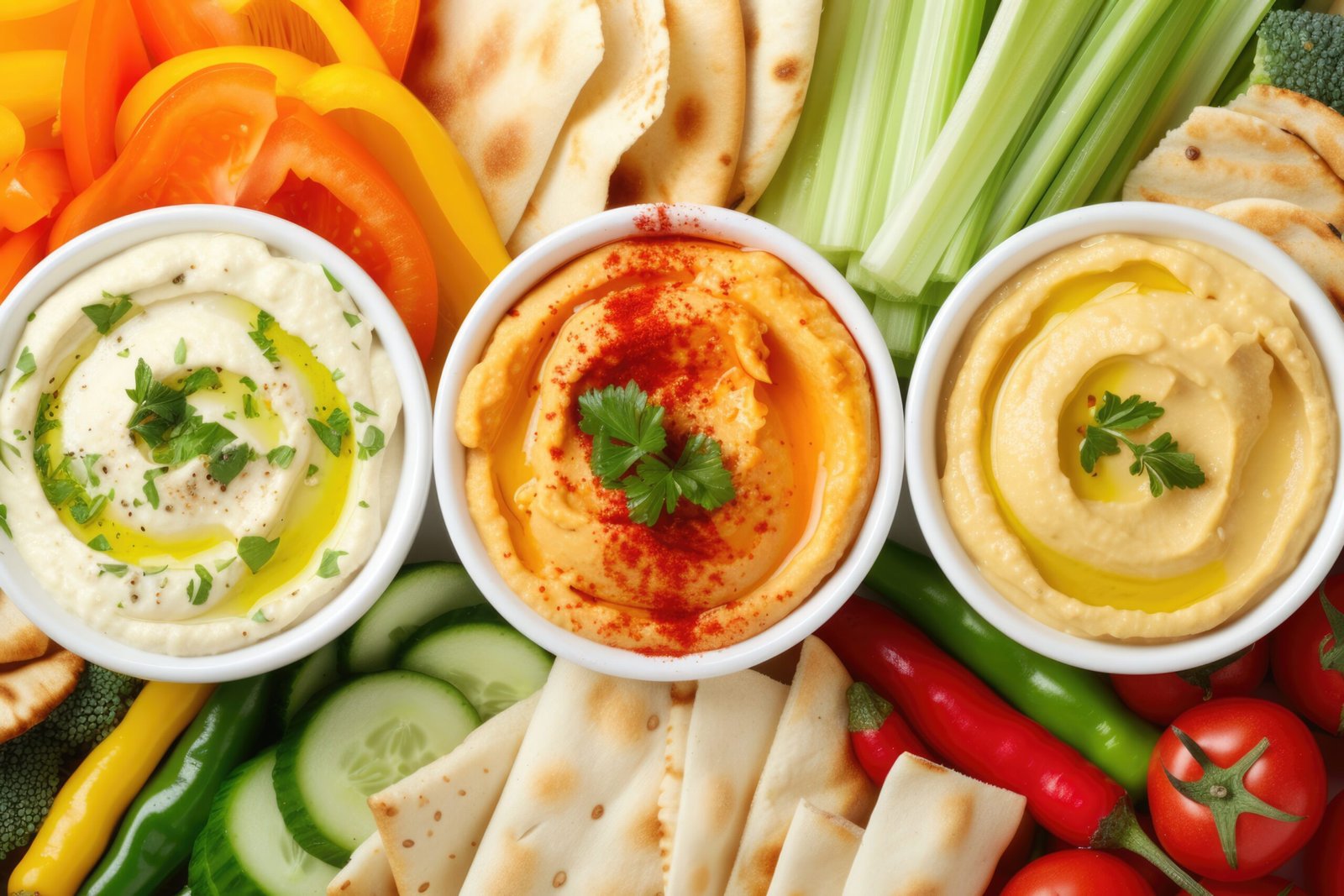
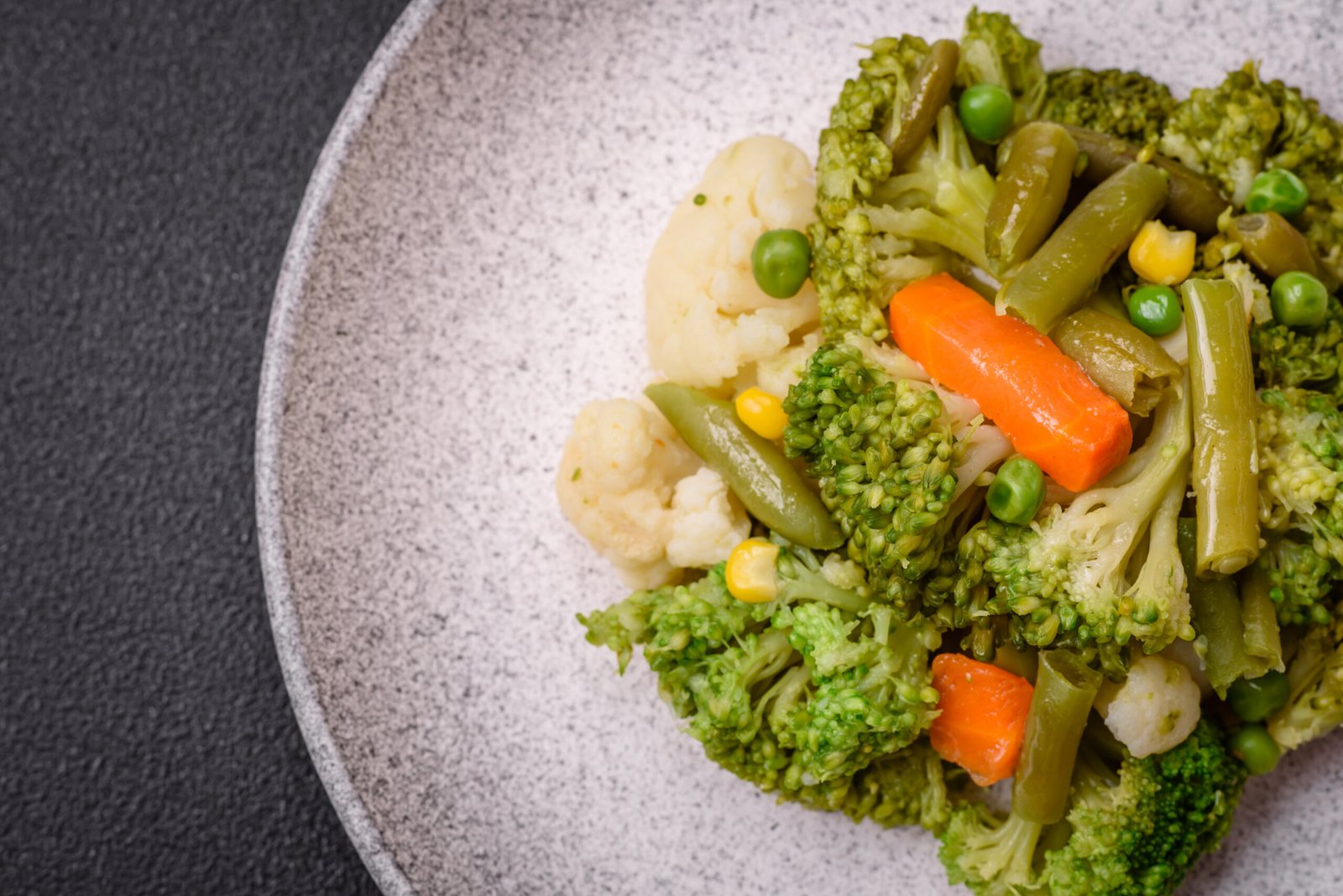
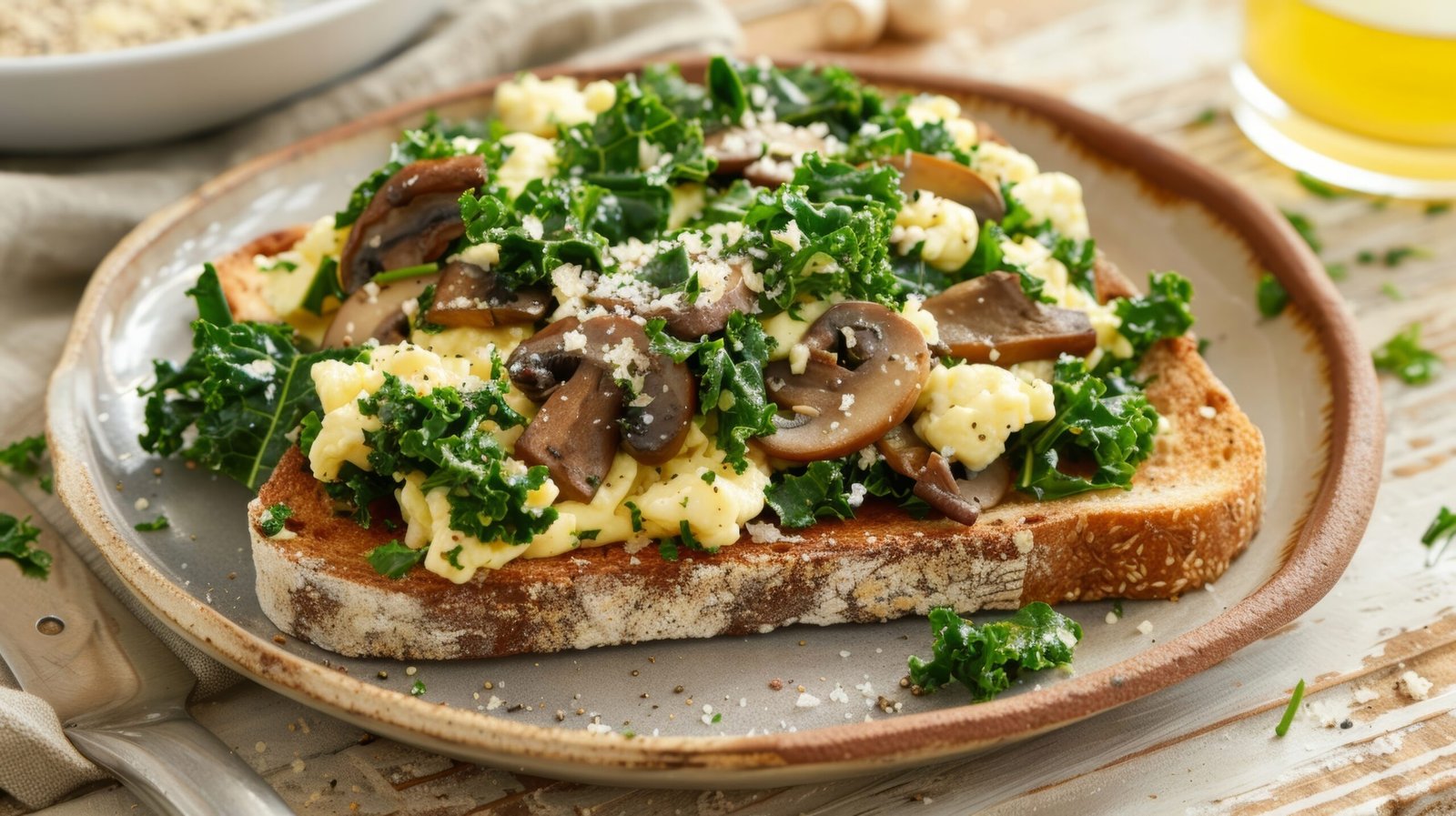
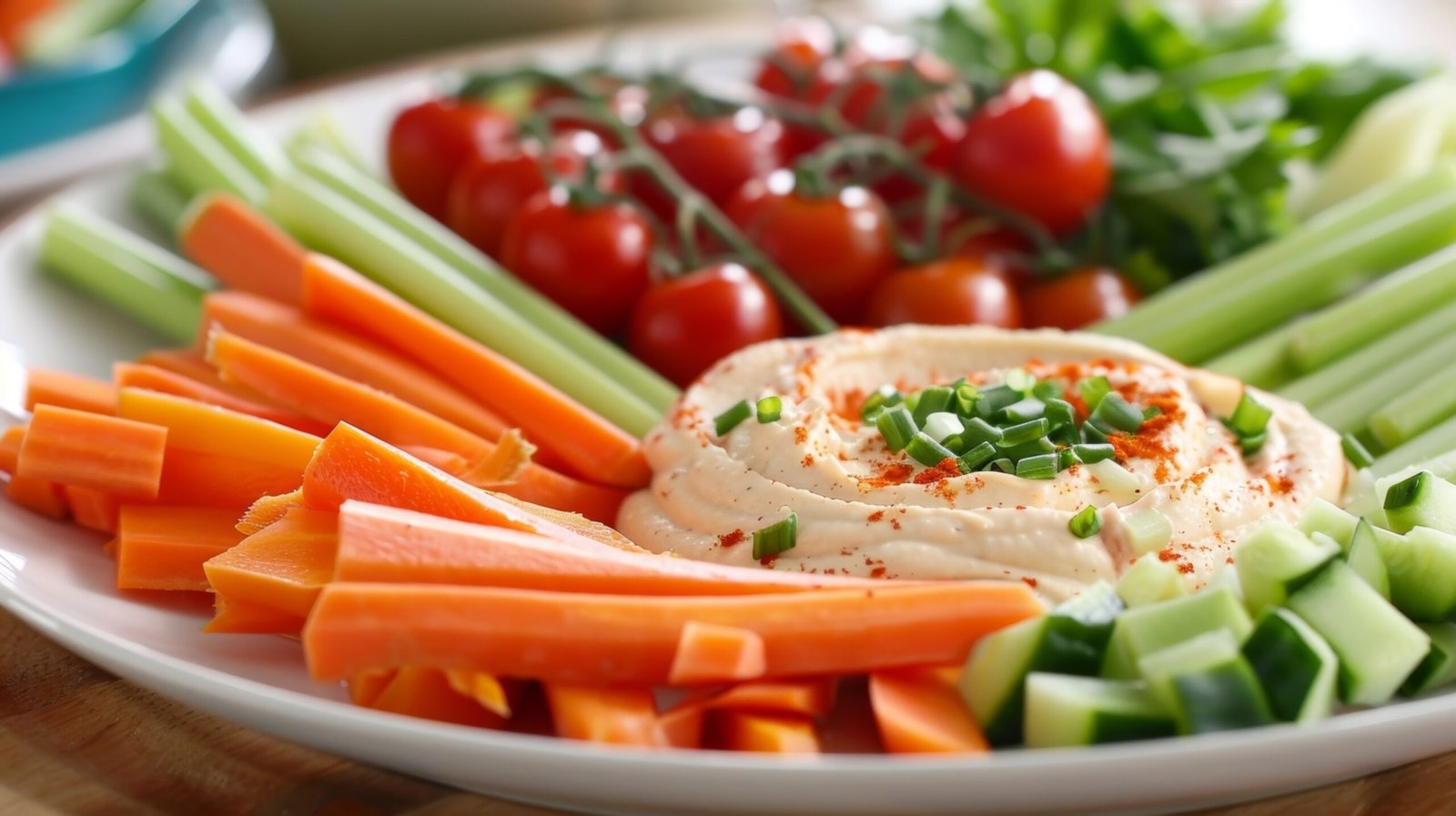
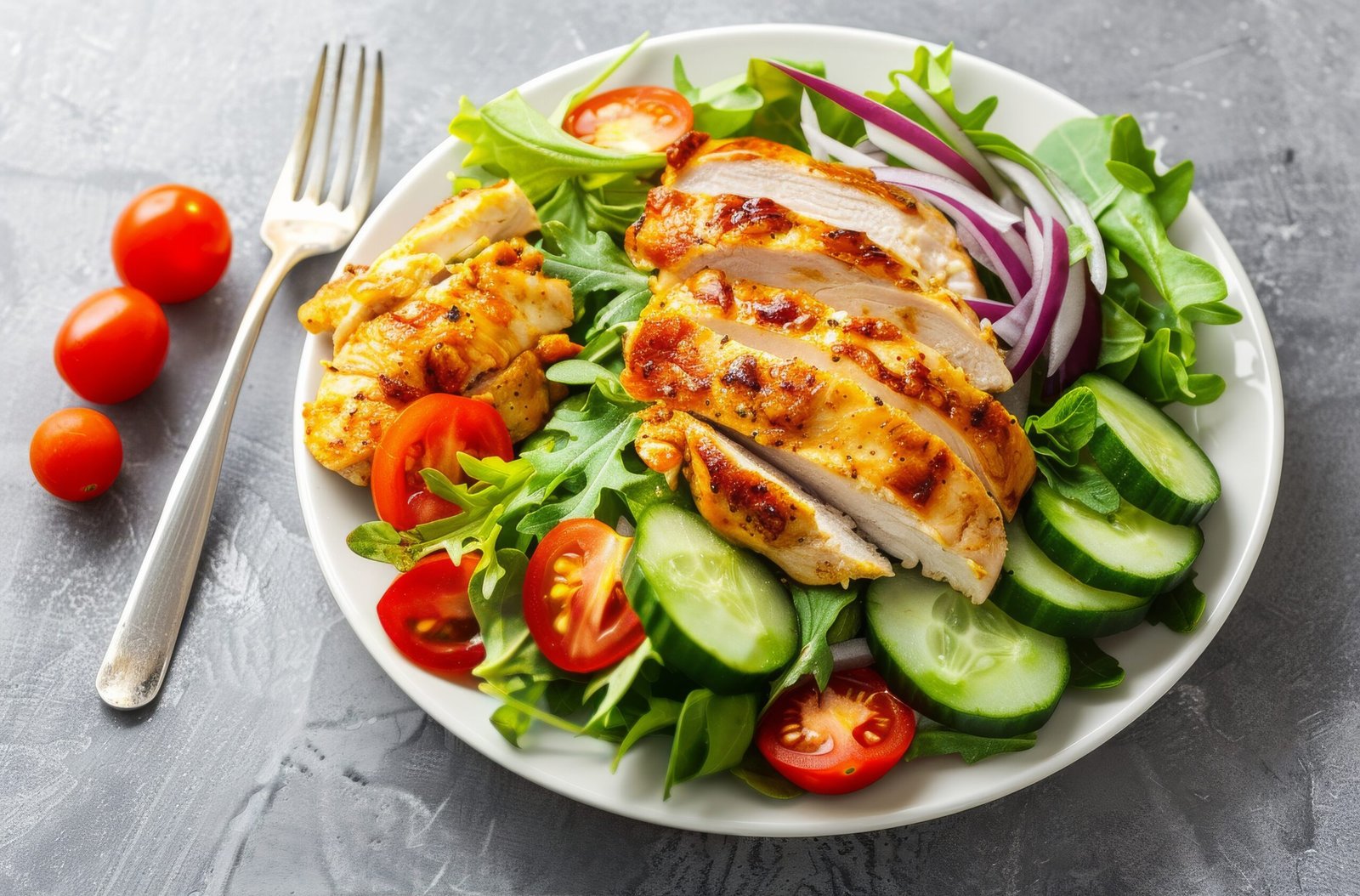
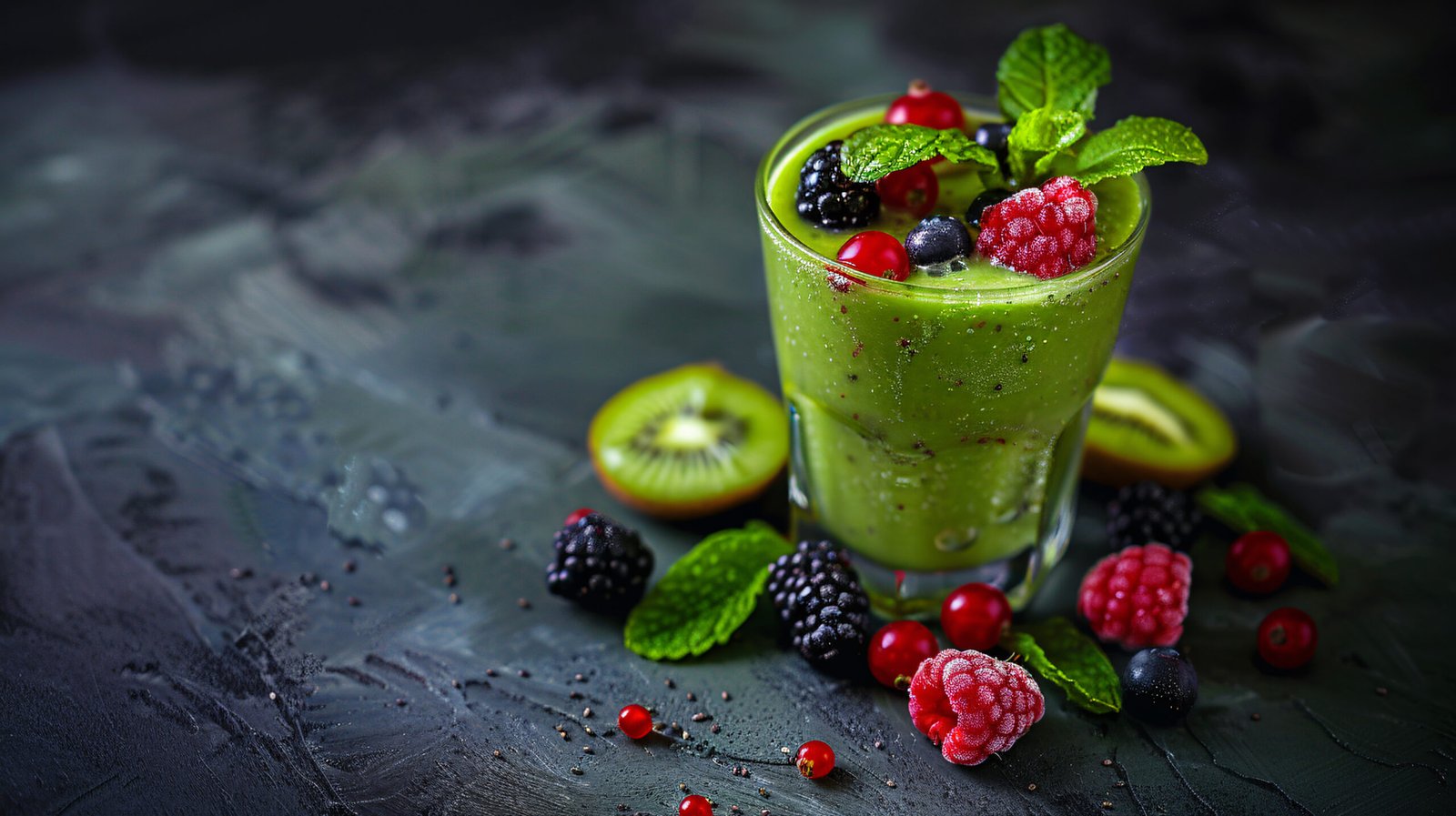





0 Comments